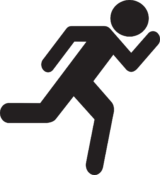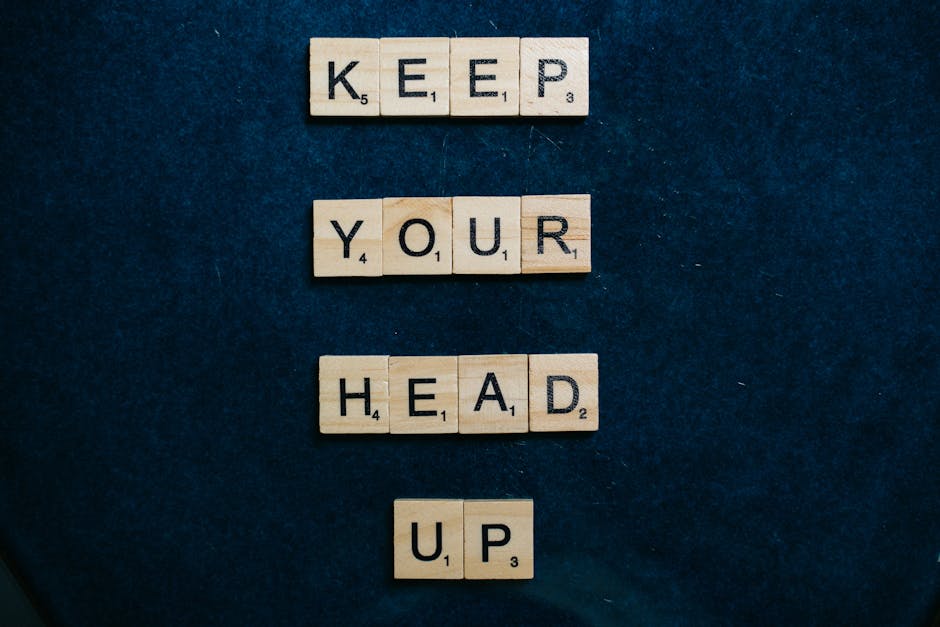10 Ways to Keep Your Mind Sharp During Recovery
Recovering from an illness or surgery can be a challenging time, not just physically but mentally too. Keeping your mind sharp during recovery is crucial for your overall well-being. Let’s explore ten effective ways to maintain mental agility and stay engaged while you heal. 🧠✨
Table of Contents
1. Introduction
2. Puzzles and Brain Games 🧩
3. Reading and Audiobooks 📚
4. Mindful Meditation 🧘♀️
5. Online Courses and Learning Platforms 🎓
6. Creative Arts and Crafts 🎨
7. Physical Exercise (When Possible) 🏋️♀️
8. Social Connections and Conversations 💬
9. Journaling and Writing 📝
10. Healthy Nutrition 🥗
11. Conclusion
12. FAQ
Puzzles and Brain Games 🧩
Engaging in puzzles and brain games is a fantastic way to keep your mind active. Whether it’s a crossword puzzle, Sudoku, or a jigsaw puzzle, these activities challenge different parts of your brain and improve cognitive function. Plus, they’re a fun way to pass the time!
Reading and Audiobooks 📚
Reading is a powerful tool for keeping your mind sharp. If you’re not up to reading, audiobooks are a great alternative. They allow you to enjoy stories and expand your knowledge without straining your eyes. Choose topics that excite you to keep your mind engaged.
Mindful Meditation 🧘♀️
Meditation not only helps with mental relaxation but also boosts focus and clarity. Spending just a few minutes each day practicing mindfulness can significantly improve your mental sharpness. Try guided meditation apps to help ease into this calming practice.
Online Courses and Learning Platforms 🎓
Learning something new is always a great way to stimulate your brain. Enroll in online courses or explore learning platforms like Coursera or Udemy. Whether it’s a new language, photography, or coding, continuous learning keeps your mind agile.
Creative Arts and Crafts 🎨
Unleash your creativity with arts and crafts. Painting, knitting, or scrapbooking not only keep your mind busy but also provide a sense of accomplishment. Plus, they can be incredibly therapeutic!
Physical Exercise (When Possible) 🏋️♀️
Physical activity, even gentle exercises, can enhance brain function. If your recovery allows, try light stretching or yoga. Exercise releases endorphins, which improve mood and cognitive function.
Social Connections and Conversations 💬
Staying socially active is crucial for mental health. Engage in conversations with family and friends, or join online communities related to your interests. Social interactions stimulate your brain and keep feelings of isolation at bay.
Journaling and Writing 📝
Expressing your thoughts through journaling or writing is a wonderful way to keep your mind sharp. It helps organize your thoughts, reduces stress, and enhances creativity. Plus, it’s a great way to track your recovery journey.
Healthy Nutrition 🥗
What you eat can significantly impact your mental sharpness. Incorporate brain-boosting foods like blueberries, nuts, and omega-3 rich fish into your diet. Staying hydrated is equally important for optimal brain function.
Conclusion
Maintaining mental sharpness during recovery is essential for a holistic healing process. By incorporating these activities into your daily routine, you not only support your recovery but also enhance your overall well-being. Remember, a healthy mind leads to a healthier body. Take it one step at a time and enjoy the journey. 🌟
FAQ
Q: How often should I engage in these activities?
A: Aim to incorporate a variety of these activities into your daily routine. Even spending 15-30 minutes a day on any of these can be beneficial.
Q: Can I start these activities immediately after surgery?
A: Yes, but always consult with your healthcare provider to ensure the activities are suitable for your specific recovery stage.
Q: What if I don’t feel motivated?
A: It’s normal to feel unmotivated during recovery. Start small and choose activities you genuinely enjoy. Over time, this will help boost your motivation.
Q: Are there any apps you recommend for brain games?
A: Apps like Lumosity and Elevate are excellent for brain training and offer a variety of games to keep your mind engaged.
Q: Can these activities replace medical treatment?
A: No, these activities are meant to complement your recovery process. Always follow your healthcare provider’s instructions and treatment plan.

